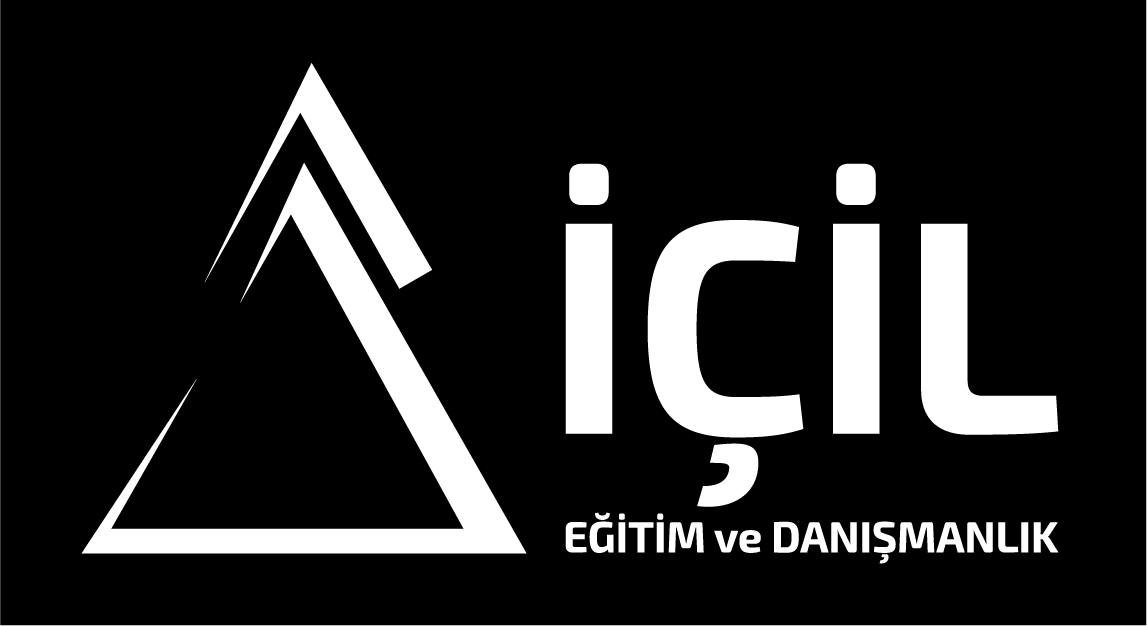8 Technology Trends Shaping the Future: Insights from IFA Berlin 2025
(My article, published in Inc. Türkiye)
The annual IFA trade show in Berlin is more than just a product launch stage. It serves as a showcase for the technologies that will shape our homes, workplaces, and even societies in the years ahead. This year, between September 5–9, 2025, hundreds of brands presented their latest innovations. Rather than focusing on individual devices, in this article we will take a step back to look at the bigger picture: the technology trends that define the future.
For consumers and businesses, these trends are not merely “nice to know.” Many of the innovations we see at home today will set tomorrow’s business standards. Here are the eight key technology trends highlighted at IFA Berlin 2025:
1. Artificial Intelligence Everywhere
Once confined to software and cloud services, artificial intelligence is now built into almost every device - from smart lamps to robot vacuums.
Examples such as Rokid’s AI-enabled glasses, Philips’ smart lighting, and Anker’s AI-powered voice recorders all send the same message: AI is no longer a separate product but a natural part of the technology backbone.
For businesses, this has clear implications: the devices you use won’t just make your work easier; they’ll start making decisions for you. From inventory tracking to customer relations, many processes will become smarter thanks to “embedded AI”.
2. A New Era for Home Robots
The days when robot vacuums could only handle flat floors are behind us. Today, Eufy’s stair-climbing MarsWalker and NexLawn’s Master X, which can remove obstacles while mowing lawns, are redefining the category.
These next-generation robots can handle not just routine chores but also complex environments. And what begins in the home will quickly make its way into workplaces and production facilities.
For both small and large businesses, the message is clear: the robot vacuum you watch at home today may soon become the robot that speeds up production in your workshop.
3. Health and Wellness Take Center Stage
IFA 2025 wasn’t just about functional devices - it was also about solutions designed to improve well-being: eye-friendly screens, lighting systems that aid sleep, and devices that help reduce stress.
TCL’s Nxtpaper phones, for example, drew strong attention with their paper-like displays featuring anti-glare technology and blue-light filters.
This reflects a larger trend: tech companies are now aiming to stand out by contributing to human health as much as performance. The message is no longer just “do more,” but also “live better.”
For SMEs, this represents an opportunity: investing in technologies that support employee health pays off not only in lower costs but also in higher motivation.
4. Technology as Lifestyle
One of this year’s most surprising products was Acer’s Predator e-bike, inspired by its Predator gaming PCs. Equipped with RGB lighting and a powerful motor, it underlined a growing truth: technology now sells not only functionality but also identity.
For younger generations, the devices they use are part of who they are. This creates opportunities for businesses too: the technological experiences you offer your customers become part of your brand’s lifestyle identity.
5. The Rise of Ecosystem Wars
Philips Hue’s support for the open-source Matter-over-Thread standard - also backed by Apple, Google, Amazon, and Samsung - marks a big step toward unifying smart-home devices on a single platform.
Today, consumers still ask, “Which device should I buy?” Very soon, the real question will be: “Which ecosystem am I in?”
Just as we once witnessed the Android vs. iOS rivalry, we’ll now see competing ecosystems entering our homes and workplaces. Businesses need to start asking: “Are the devices we buy compatible with the right standard?”
6. Small, Powerful, and Sustainable
Urban living demands maximum efficiency in limited space. A prime example from IFA was 3i’s Q10 ultra-compact robot vacuum - just 7.9 cm tall and 29.8 cm wide, yet remarkably powerful.
Its appeal goes beyond size, with energy efficiency and water recycling features setting it apart. Europe’s environmental regulations are accelerating this trend, and it will quickly spread to other countries as well.
For consumers, the message is simple: smaller, smarter devices will make life easier. For businesses, the lesson is just as clear: energy-saving, eco-friendly solutions will become the new norm.
7. The Power of Voice
Anker’s AI-enabled voice recorder can automatically generate meeting notes, while new headphones make voice control feel more natural than ever.
The trend is unmistakable: voice-driven technologies will enhance productivity at home and in the office. For small businesses, it means simplifying workflows without expensive software - sometimes with just one device.
8. All-in-One Solutions
Roborock’s 4-in-1 cleaning system can handle vacuuming, mopping, washing, and drying - all in a single device.
This marks the arrival of multifunctional, integrated, compact technologies. For small offices and space-constrained homes, such devices will save both room and cost.
Human-Centered Technology
The key takeaway from IFA Berlin 2025 is clear: technology is no longer defined solely by speed and performance. Health, lifestyle, sustainability, and practicality are now just as important.
For businesses, the lesson is obvious: don’t evaluate technology only by asking “Is it faster? Is it more powerful?” Instead, choose solutions that add value to employees and customers, simplify life, and support sustainability. Because the real winners of the future won’t just be the ones growing their businesses - they’ll be the ones adding value to the world around them.
Mustafa İÇİL

